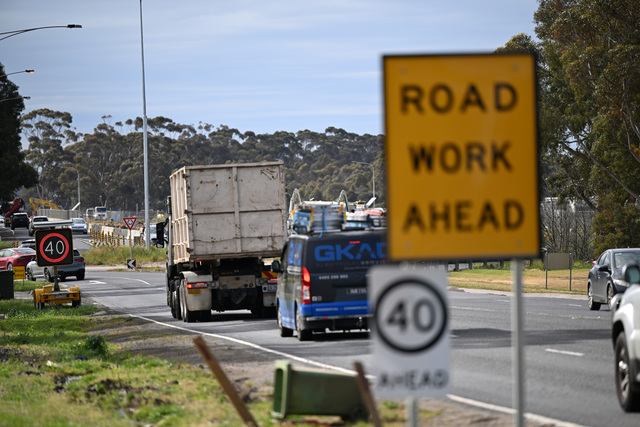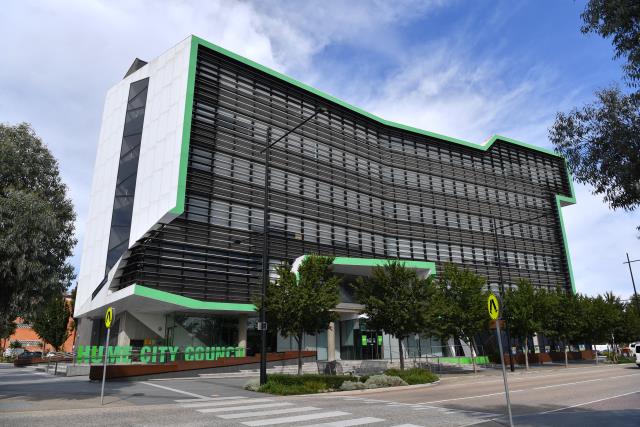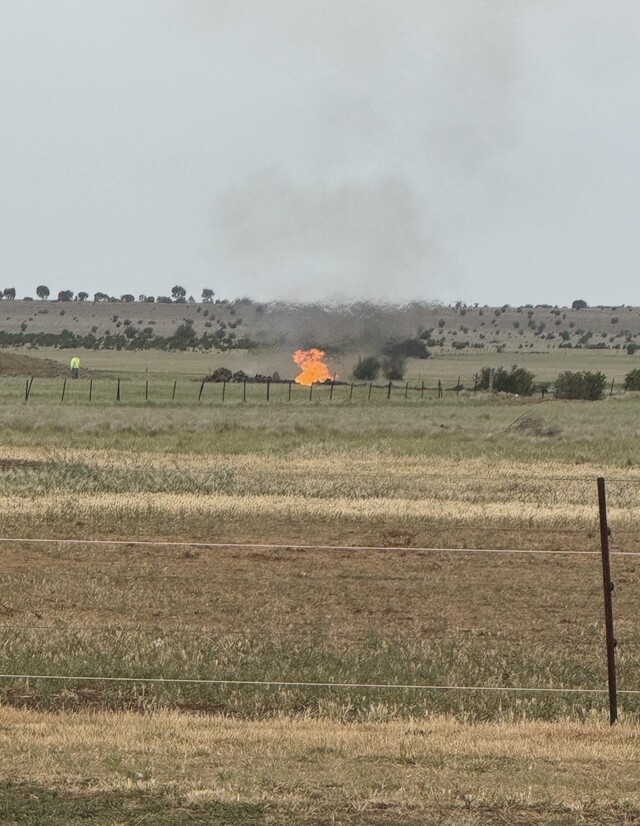The demise of Australia’s automotive industry will hit Hume almost twice as hard as Geelong, according to new research.
The study, released by the University of Adelaide last month, predicts a fall in national employment of almost 200,000 jobs as a result of auto industry closures over the next three years, with almost 9000 of these in Hume alone.
The study expects a negative annual shock to the nation of $29 billion or more by 2017 – a total hit on national gross domestic product of about 2 per cent. The University of Adelaide-based Australian Workplace Innovation and Social Research Centre (WISeR) commissioned the study from the National Institute of Economic and Industry Research (NIEIR).
Spelling out impacts based on local government areas, the study places Hume directly after the City of Melbourne where job losses will be highest over the next three years.
It predicts a major impact on Hume, both in jobs lost (8815) and through a 9 per cent drop in Gross Regional Product (GRP).
This is almost double the predicted job losses at Geelong, which the study puts at 4885 by 2017.
The greatest impact in terms of numbers of jobs lost will be in Victoria, with close to 100,000 jobs expected to go by the end of 2017 and an annual decline of $13 billion to the state’s GRP.
“The city of Melbourne is expected to suffer a decline in GRP of $2.7 billion a year in prices, followed by $1.2 billion in Hume, and a negative annual decline of just under $1 billion in Greater Dandenong,” the study found.
These losses could end up considerably greater if the Australian dollar falls to 65 cents or less below the American dollar and stays at that level over the period 2017-24.
The demise of the auto industry could also have serious ramifications for other manufacturing sectors because it has been the main conduit for advanced technology coming to Australia.
“The ending of this conduit will increase the costs for other complex manufacturing industries, no doubt leading to other plant closures,” the study warns in summary.
The report is at www.adelaide.edu.au/wiser
















